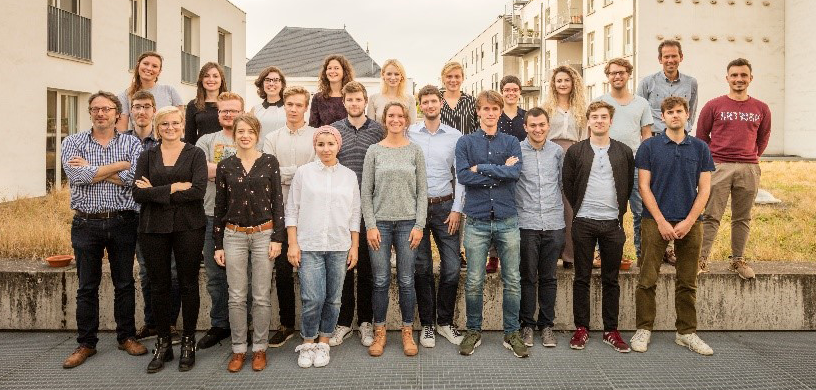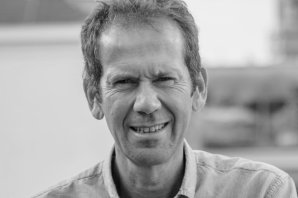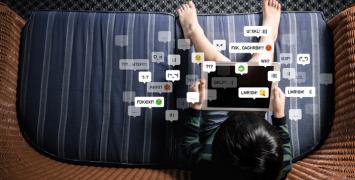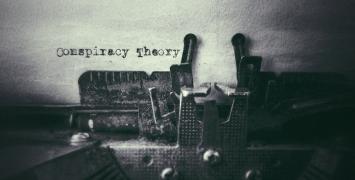Breezing through the information overload
ELECTION SERIES #1
There is now more information circulating than at any other time in history. Every day mind-boggling amounts of data are produced, reaching over 2.5 quintillion bytes. With the European elections just around the corner, we take a look at an ERC funded project on how politicians stay knowledgeable amidst this information overload. The research by grantee Prof. Stefaan Walgrave from the University of Antwerp compares how different politicians process information and then act on it in three western, post-industrialist parliamentary democracies - Israel, Belgium and Canada. An original study, which unveils some optimistic findings just as voters prepare to head to the polls.

All politicians have their ears to the ground
While politicians concerned with public opinion generally refer more often to information obtained from constituency work and direct contact with citizens as well as to mass and social media (congruent sources) those attentive to policy tend to turn to specialized, technical information from interest groups and think tanks (expert sources). Prof. Walgrave’s team expected to find differences in information processing among the different political actors interviewed and across the three political systems studied but, interestingly, discovered that both ‘party warriors’ checking public opinion and ministers searching for expertise on policy consult both sources – a positive insight into the day‐to‐day workings of these political systems.
Consulting those in the know
One of the biggest factors degrading trust in expert sources is the use of social media by citizens. With smartphones, the public can have an answer to any question at any time, making people feel that experts have no special knowledge. Climate change, GMOs and vaccinations are three examples where expert information is being corroded. However, despite the growing distrust of experts, this project shows that politicians still consult subject matter experts to help solve societal problems.
Logged off from social media
As societal problems have become more complex, the relationship between politicians and the public has changed. Politicians are now faced with a more volatile electorate and are finding that they need to listen more intently to public opinion. One concern this raises is whether congruent sources are reliable in an era of ‘fake news’. When Belgian politicians were asked about their preferred sources of information for understanding public opinion, they listed traditional news, contact with citizens and interest groups. Social media, reassuringly, being the least consulted.
Media sets agendas
Media power was also measured by conducting a current affairs quiz among politicians. All politicians in the study were handed news headlines and asked; whether they had already seen or heard about them, whether they had known about them before they reached the media, how much they knew from media alone and whether they were planning to take any political action from them. The team found that media is being used strategically by both individuals and parties and still sets political agendas.
Tuned in to the real word
By consulting both types of information sources including material from experts and by paying little attention to social media, this project demonstrates that politicians are listening intently and strategically to public opinion and are by no means isolated when they make decisions - altering the sombre image of politicians sitting in their ivory towers. With findings that are likely to be similar among other politicians in other countries, the study concludes that it is the same politicians who are often scorned that are the very ones successfully keeping up-to-date with current affairs and news in political offices overloaded with information.







